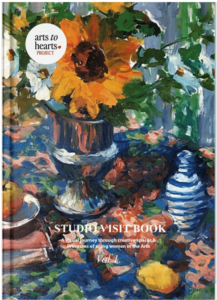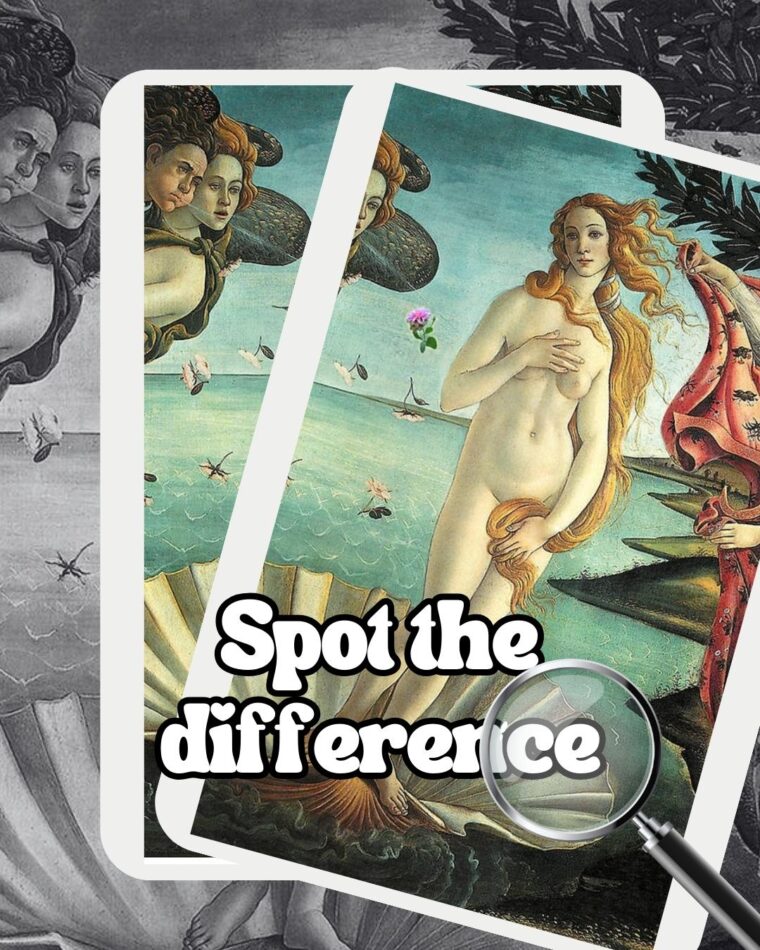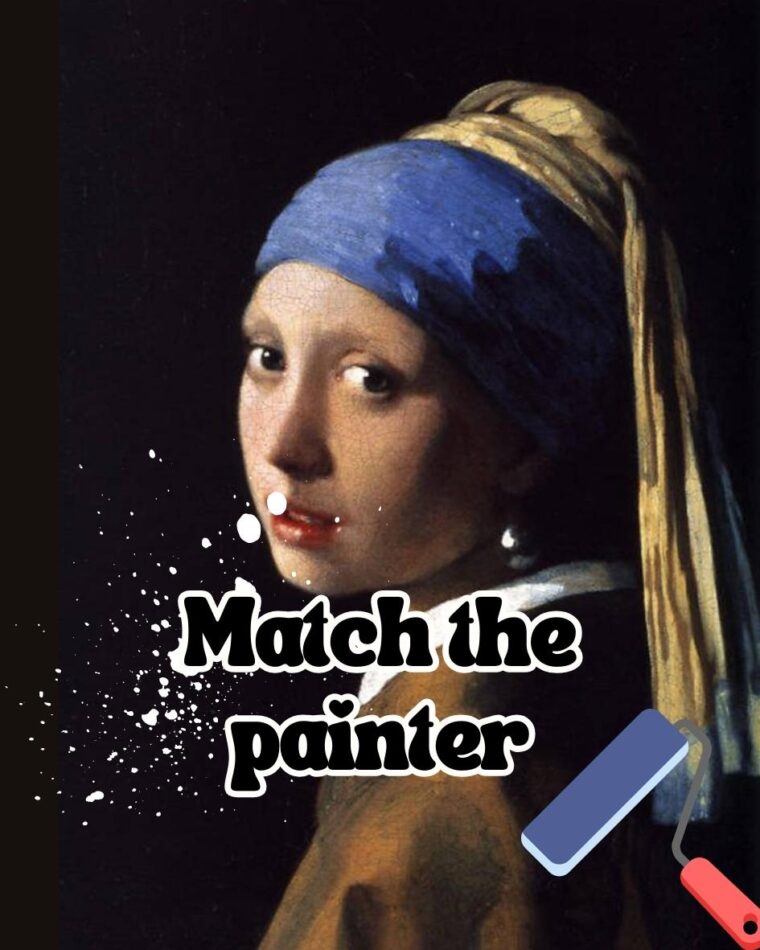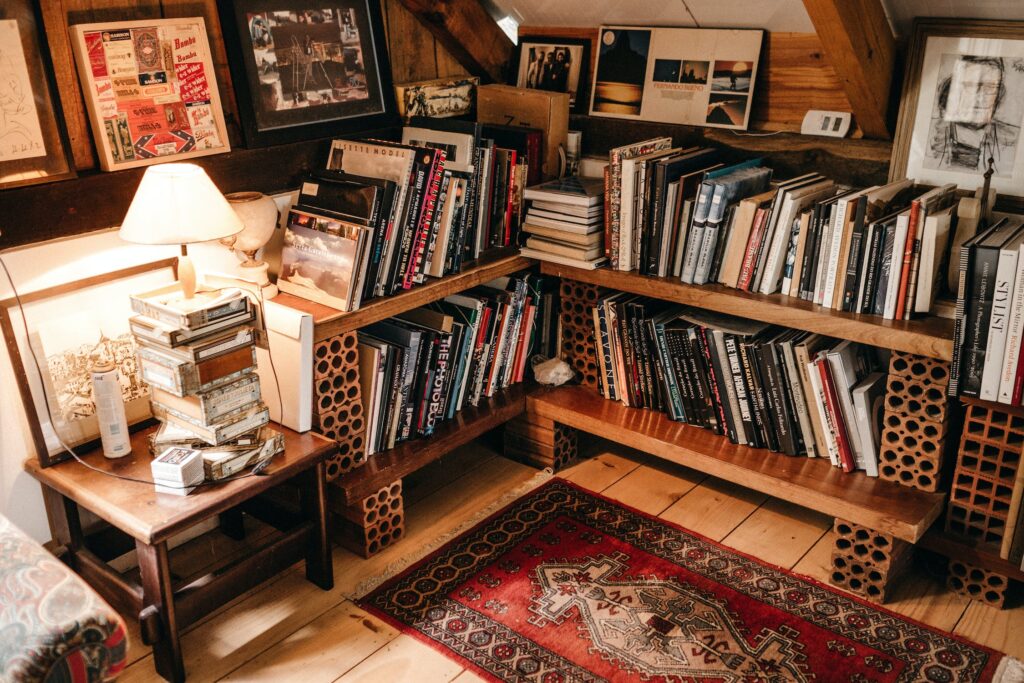
How To Build And Care For An Art Collection
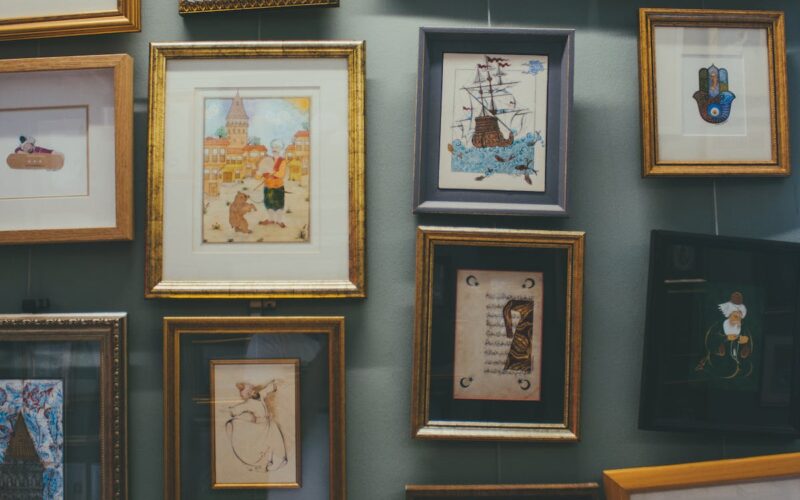

Do you love art? Or do you feel a special connection when you look at a painting or a sculpture?
If you love art and feel a special connection with paintings and sculptures, you might enjoy having a cozy corner in your home filled with beautiful pieces that reflect your personality. It’s like having your own art gallery at home!
But having an art collection is not just about decoration; your art collection is a mirror of who you are, showing your emotions and passions. Each piece has a story, created by artists who poured their hearts into their work. From classic masterpieces to modern art, each one has a unique tale to tell.
Collecting art is like curating your own museum, creating a collection for yourself and future generations. Plus, it can be a smart investment too. (Good art usually goes up in value over time.)
So, whether you’re a seasoned collector or just starting, let’s explore the ins and outs of building an art collection.
Building an Art Collection
Building an art collection can be an exciting journey. However, it requires some planning and research.
First and foremost, it’s important to understand what you like. Everyone has different tastes, and in art, there’s no right or wrong preference.
Why do you want to start an art collection? Is it for the love of art? Or maybe as an investment? Or to decorate your home? Defining your goal will help guide your choices as you start collecting.
After you have identified the reason why you really want to collect art, you then start building an art collection. Here are some basics that you should keep in mind when starting to invest in art:
Know Your Budget:
You don’t need millions to start an art collection. Start with what you can afford. Your goal is to buy art you love within your budget.
You can start small and grow your collection later. And don’t be afraid to mix different art–it can make your collection more interesting.
Choosing the Right Places to Buy Art
There are many places where you can buy art: online platforms, galleries, and auctions. Each has its own advantages. Online platforms are convenient. Galleries let you see the art up close. Auctions can offer good deals. Each has their own benefits. You can explore all these options and choose what works best for you.
If you are an artist new to art galleries and want to represent your work, Click Here and read our blog on: The Ultimate Guide to Art Gallery Representation for Beginners
Creating a network in the art world can be very helpful. You can learn a lot from art dealers and curators. Being part of art communities, both online and offline, can open doors to new opportunities. Attending art events, exhibitions, and talks is also a great way to learn and meet people who share your interest.
Remember when you’re buying art, it’s essential to take your time. Look at the artwork closely. Do you love it? Can you see it in your home? Then think about the price. Is it within your budget? It’s okay to negotiate. And always ask for a receipt that includes the artist’s name, the title of the work, and the year it was created.
Finally, you need to know about art authentication and provenance. Authentication is about making sure the art is real and not fake. Origin is the history of the artwork. It includes details like who owned it before and if it was ever exhibited. This can affect the value of the artwork.
So you loved an art piece, evaluated it to know if it was worth buying, and after careful consideration, you bought it. Now it’s time to enjoy your art collection but keep in mind that your journey of collecting art does not end here.
So what’s next? You need to take care of your collection and properly maintain it, and we will be going through all of it in detail in the next section.
Caring for an Art Collection
Owning an art collection is a big responsibility. You need to care for it so that the artwork remains beautiful and valuable. Here’s a thorough guide on how you can properly care for and maintain your art collection.
The first rule of art care is to handle artwork with care. Every type of art requires different handling. For instance, never touch the surface of a painting or a photograph. The oils on your skin can damage them.
If you need to move a piece of art, be sure to hold it by the edges. If it’s a big piece, you might need help. When transporting art, pack it properly to avoid damage.
Always keep your art away from sunlight. The UV rays can fade the colors. Also, try to maintain a stable environment. Too much humidity can cause frame damage, and too little can make the art crack. Watch out for pests too. Some bugs like to eat paper and wood.
Remember proper storage and display of artwork is essential to protect it from damage and to present it in the best possible way. It not only maintains the artwork’s integrity and value but also increases your enjoyment of the art.
How to store the undisplayed art collection:
Not all art can be displayed at once, and proper storage is important Store art in a cool, dry place. Avoid basements and attics if there is high humidity or extreme temperatures there. Always store framed art upright and never stack.
Consider the room’s light and temperaturr. Avoid keeping art in places that get direct sunlight.
Remember, caring for an art collection is a long-term commitment. It may seem like a lot of work, but it’s worth it. The better you care for your art, the longer you can enjoy it. And that’s what art is all about—bringing joy and beauty into our lives.
Collecting art is not just a hobby; it’s a rewarding journey that is filled with discovery and happiness. But, it also comes with a responsibility. The artworks you buy need your care and attention to stay in good condition and maintain their value.
So this is it for today but in the end, I’d like to know what you think about this article. Tell us, how have you started your art collection journey?
How do you take care of the artwork you own? Do you have any tips on storage or display that you’d like to share? We’d love to hear your stories, insights, and questions in the comments below.
After all, every collector has a unique story, and yours could inspire others that are willing to step into the world of art collecting.
Take care and have a happy weekend!

